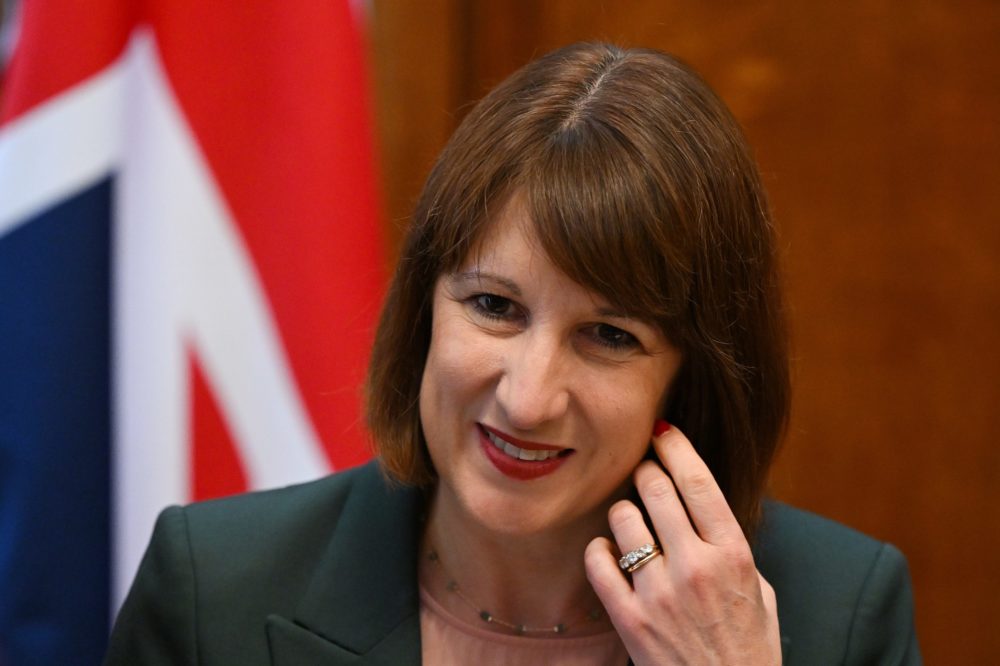Chancellor launches National Wealth Fund to attract private investment boost

The Chancellor has revealed plans for a new national wealth fund designed to attract billions in private sector investment to support UK growth.
The new Labour Government said it has allocated £7.3 billion in additional state funding to support the investment plan.
It added that the proposals will include reforms to the state-owned British Business Bank.
The Chancellor, Rachel Reeves, met with a nine-strong National Wealth Fund Taskforce at No 11 Downing Street in order to launch the plans.
The taskforce includes former Bank of England governor Mark Carney, Barclays chief executive officer CS Venkatakrishnan and Aviva chief executive Amanda Blanc.
High-growth industries
Ms Reeves said the funding will be used to target green and high-growth industries in the UK.
She said: “This new Government is getting on with the job of delivering economic growth. I have been clear that there is no time to waste.
“I have previously committed to establishing a national wealth fund. I am now going further by bringing together key institutions.
“We need to go further and faster if we are to fix the foundations of our economy to rebuild Britain and make every part of our country better off.”
The Chancellor has said the Government will focus on accelerating economic growth in order to bring in the extra tax revenues needed to support significant parts of Labour’s policy plans.
Mark Carney, former governor of the Bank of England, said: “This new Government has rightly identified infrastructure investment as a core enabler of building high value, low carbon, competitive industries.
“The smart use of public investment via the national wealth fund can kick-start economic growth and crowd in private capital to vital sectors including ports, heavy industry and manufacturing.
Support our Nation today
For the price of a cup of coffee a month you can help us create an independent, not-for-profit, national news service for the people of Wales, by the people of Wales.







Will the Development Bank of Wales follow suit, no more loans for friends of politicians?.
Billions popping out of the hat already but none for Welsh priorities it seems
It surprises me why very few countries actually have Sovereign Wealth Funds.
Norway is the few.
Yes, a development fund should be a percentage allocation of a SWF can be invested into new start enterprises.
However, the purpose of a Sovereign Wealth Fund (as proposed by Plaid Cymru for Wales) should be to invest around the world (as well as Wales), not to support or control any organised economy but to generate income from dividends and capital gains to support public/ Welsh government funding development and public expenditure and to reduce the burden of higher taxation.
If it seems from recent statements then with the turbines going to be popping up all around Wales companies investing in those then need to commit to contributions to the Welsh exchequer for the benefit of all of Wales, there are significant areas of Wales that will not be able to due to restrictions like National Parks, World Heritage to name a couple. Providing a few sports kits etc that some have done in past is not good enough. Yes some for local community needs but mostly for all of Wales. Your point on outward investment is what bodies like… Read more »
I’d like to see state pension contributions “paid into” a sovereign wealth fund that invests in domestic infrastructure projects, and which will eventually pay those state pensions rather than the burden falling on future taxpayers.